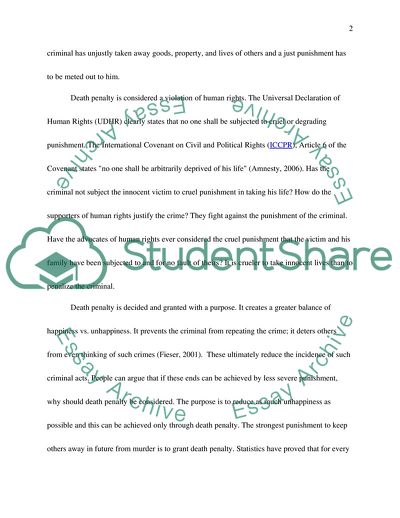Cite this document
(Death Penalty Subject of Debate in United States Case Study, n.d.)
Death Penalty Subject of Debate in United States Case Study. https://studentshare.org/law/1703880-position-paper
Death Penalty Subject of Debate in United States Case Study. https://studentshare.org/law/1703880-position-paper
(Death Penalty Subject of Debate in United States Case Study)
Death Penalty Subject of Debate in United States Case Study. https://studentshare.org/law/1703880-position-paper.
Death Penalty Subject of Debate in United States Case Study. https://studentshare.org/law/1703880-position-paper.
“Death Penalty Subject of Debate in United States Case Study”. https://studentshare.org/law/1703880-position-paper.


